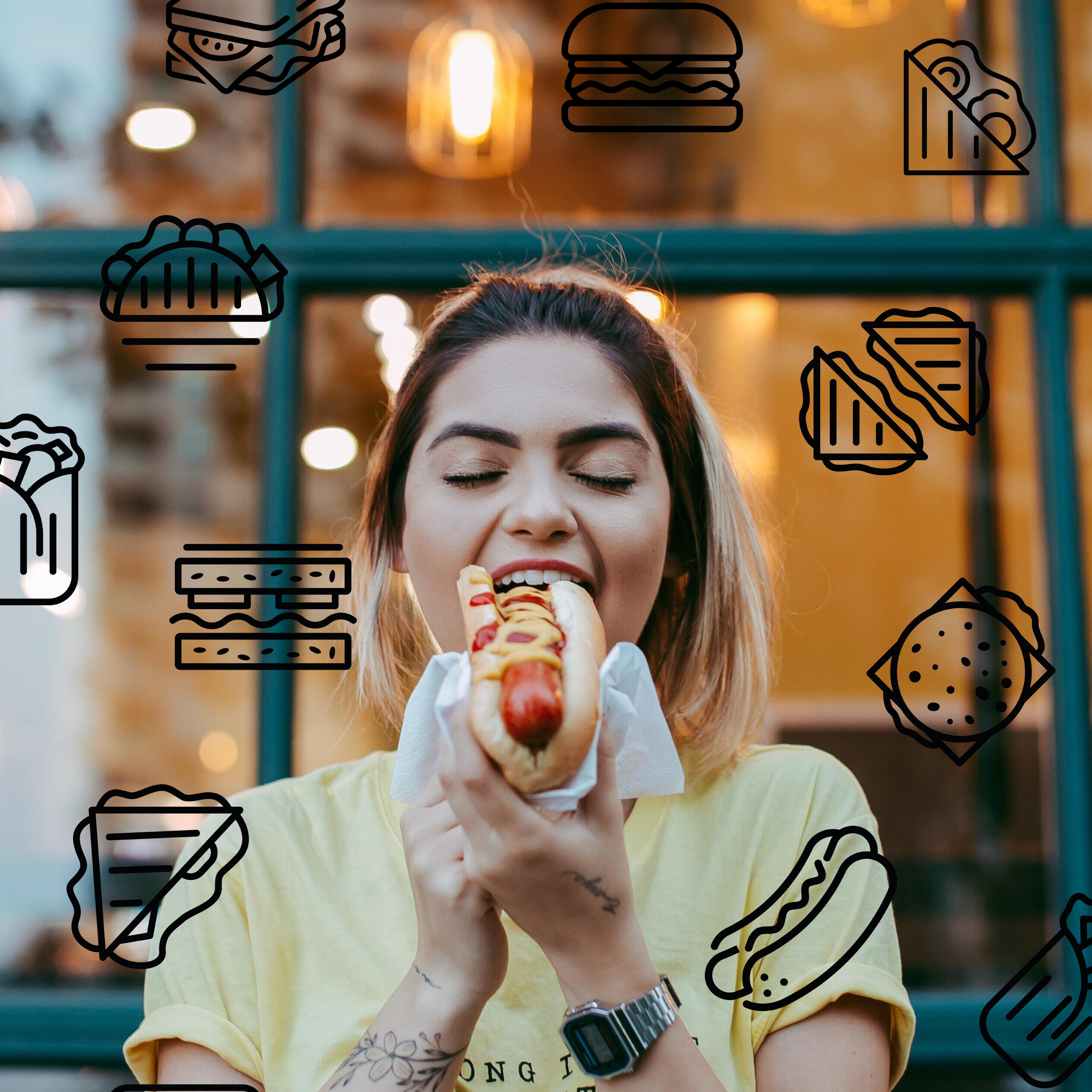There’s an ongoing argument in our office lunch break.
Is a hotdog a sandwich?
Going further… What is a sandwich… and what isn’t?
If a hotdog isn’t a sandwich, what is it? A burger? If it’s the connected pieces of bread that stop it being a sandwich, we’re into a dangerous territory where a hotdog might be a kind of taco. Eeesh. Now I’m feeling funny.
If you’re like me, there’s more than a bit of discomfort and a few strong opinions here. We want to establish criteria. Maybe a sandwich can’t be taller than wide. And/or must be consumable without de-/reconstruction. (We might say a sandwich has to include a couple of pieces of bread, but then we’ll really upset coeliacs and ice-cream sandwiches.)
Although there are clearly bigger unanswered questions in life, I find peoples’ reactions interesting. Even though popular thinking says freedom is everything, most people don’t like the lexical freedom of burgers and hotdogs being called sandwiches.

Freedom in the world of work
Whilst autonomy is an effective motivator, total freedom has always been a difficulty in producing our best work. Especially creative work. Take famous composers like Bach or Schoenberg. Bach wrote a variety of extraordinarily varied fugues, despite fugues’ simultaneous melodic lines making them a puzzle to write. Schoenberg’s composition used all 12 notes of the chromatic scale – a very specific constraint that inspired a whole new school of composition. serialism
It’s counterintuitive. Paradoxical even.
Stravinsky believed constraints were key to his creative work:
“My freedom consists in moving about within the narrow frame that I have assigned myself for each of my undertakings. I shall go even further: my freedom will be so much the greater and more meaningful the more narrowly I limit my field of action and the more I surround myself with obstacles.”
That second line rings true if you’ve ever moved into a new home. Despite the empty room technically being the most freeing room we could hope for, we become more free to live as we want as we add things to the room, whether it’s the sofa to relax on, the TV for the Netflix binging or the pot plant we’re going to try our best to keep alive.
Maybe Ryan Holiday’s bestseller is right: the obstacle is the way.
The blank page is another reminder of this. We’ve all, at some stage, been faced with a blank page and a task to write something, hit a word count or number of pages. And starting is hard. Even if we’ve sat down to write many times before, or we’re an expert in what we’re writing about. It’s not necessarily a lack of creativity or planning that causes this hesitation. It’s the limitlessness of possibilities with a piece of writing (or art) before we’ve started in a direction. It’s the freedom.
People empowerment, like blank pages and like sandwiches, benefits from a few constraints. Without Stravinsky’s ‘narrow frame’, we have no space to move between. Our people and teams rely on these walls for high performance. We don’t need micromanagers or dictators in the workforce, but effective empowerment relies on creative constraints.
Questions to consider:
What obstacles am I facing that might be helping me become my best?
- What walls do I need to construct and freely bounce between – for myself and for my team?
- Where could a narrow frame unlock my best work?
- Is a hotdog a sandwich?
For more insights on empowering people and teams, join us in-person at our next open workshop in London; Empowerment Paradox XL, on 13th October 2022. Find all the details and get registered here: https://interactiveworkshops.com/empowerment-paradox-xl/
